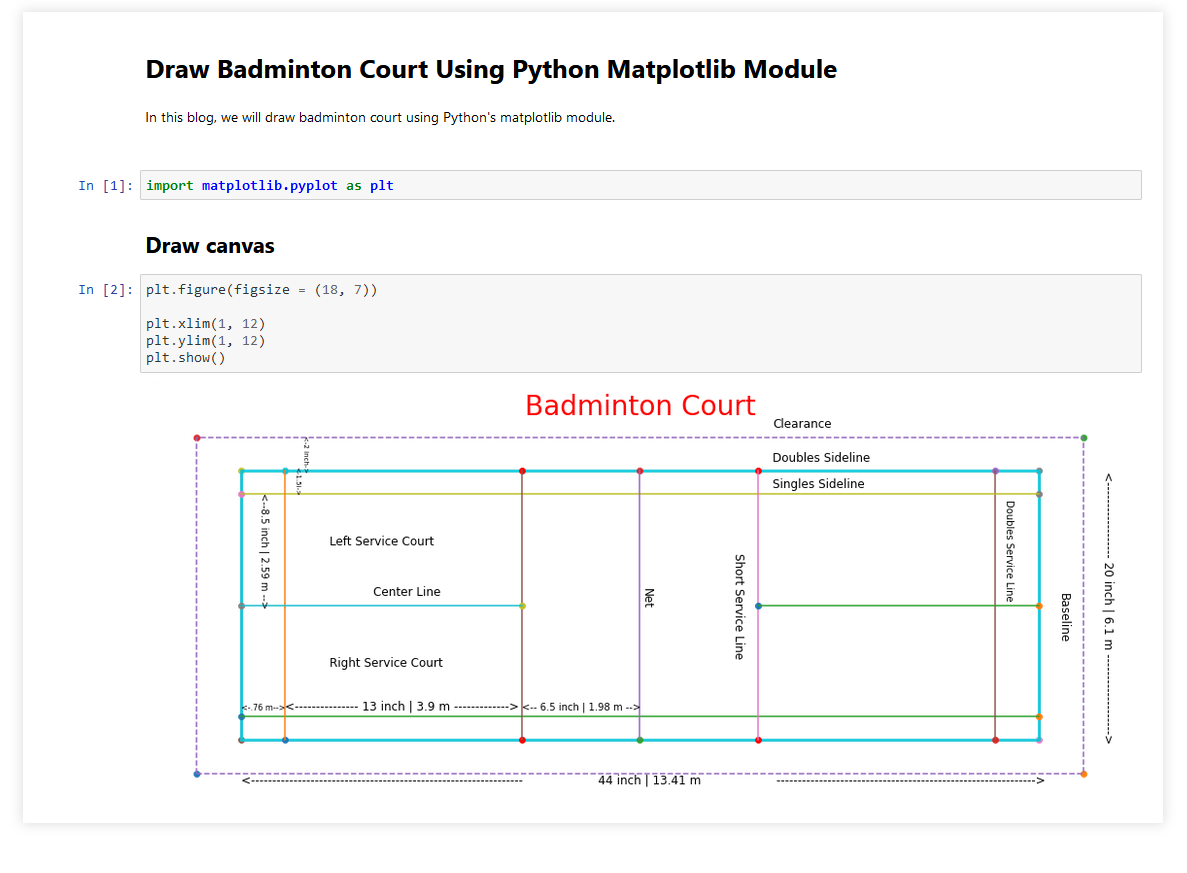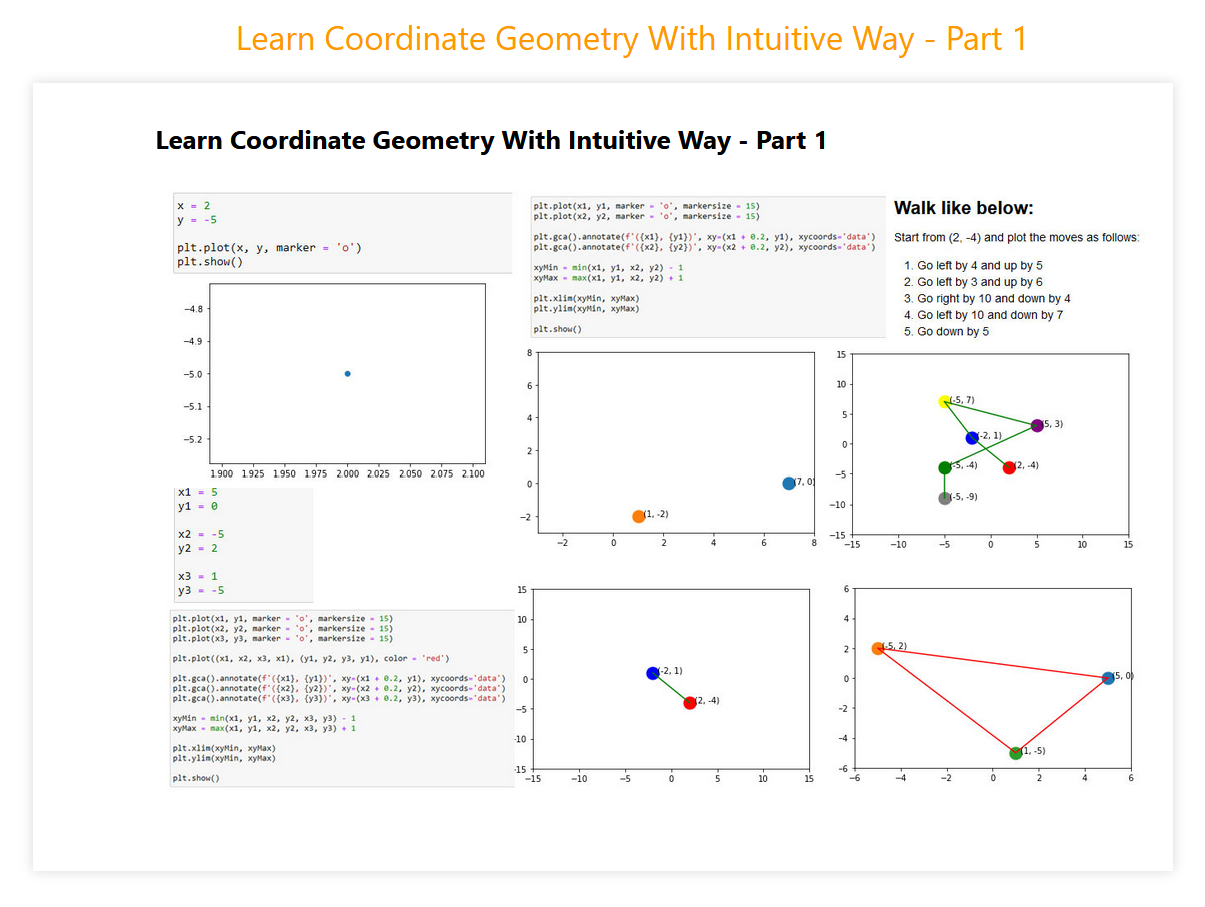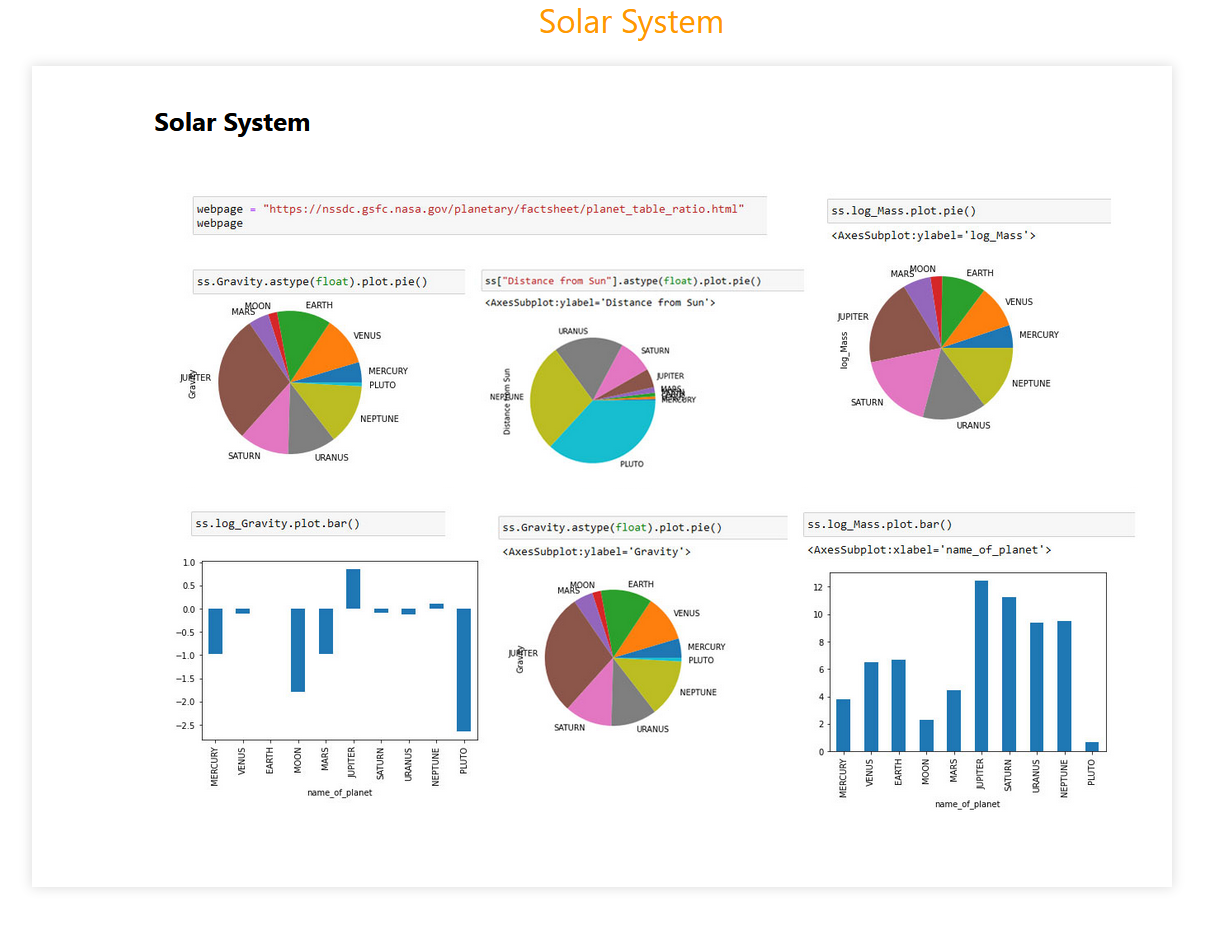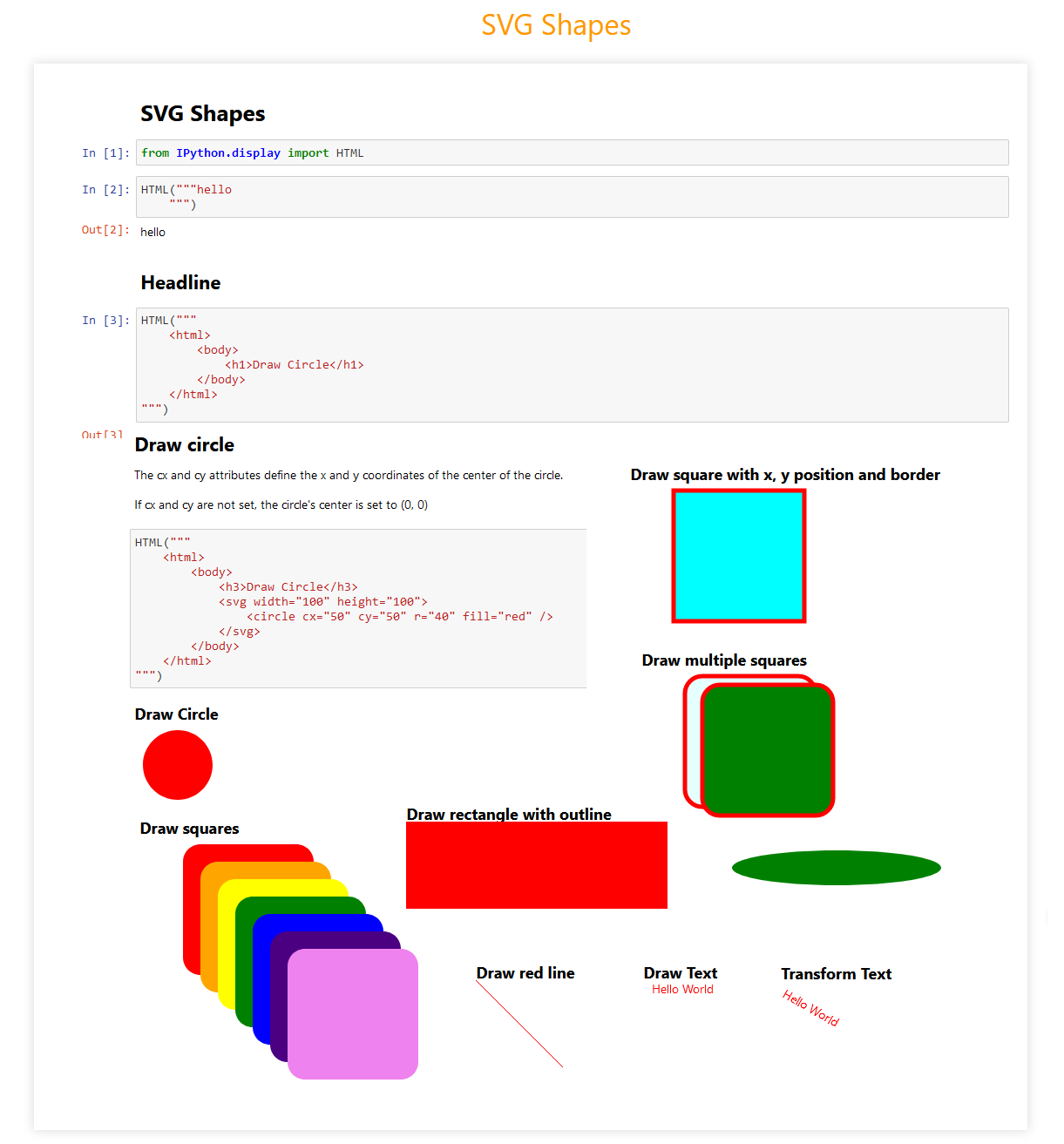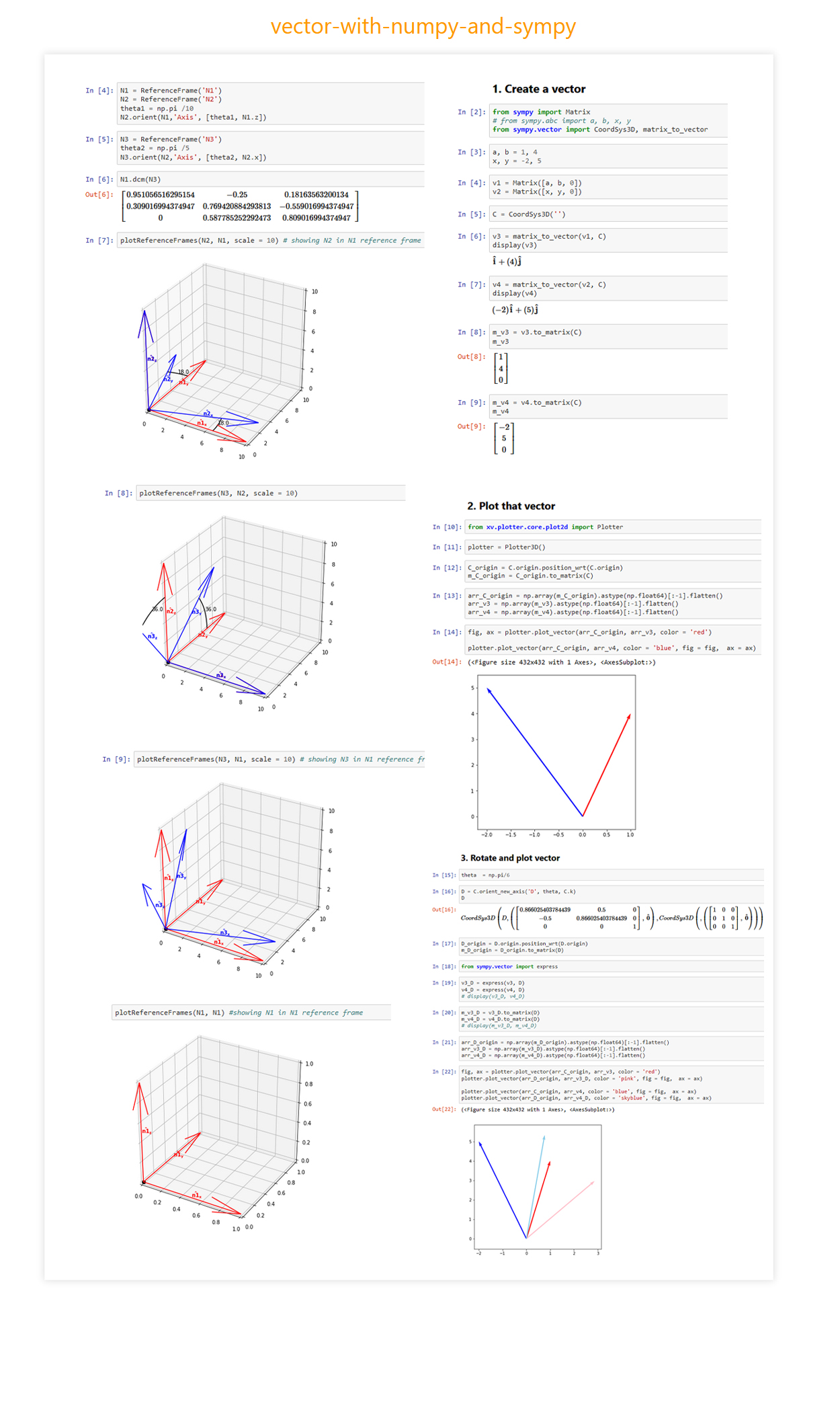Be smarter than your peers
No memorization, no homework, no practice hours
Junior grades to college courses
Visualization and programming to learn better
Run what if scenarios to conceptualize better
Showing Fourier series
We only labor to stuff the memory, and leave the conscience and the understanding unfurnished and void. - Michel De Montaigne
No memorization, no homework, no practice hours
Questions are refreshed every hour. For real time questions, join our courses.

Long study hours and forced memorization do not make you a better student. You become a victim of donkey work.
The explosion in the number of books and resources has created noise, rather than making things clearer and easier for students. It has resulted in an expansion of syllabi, longer study hours and rote learning. Concept building has taken a back seat and 'targeted' long practice hours have become the only tool to success.
Knowledge Management offered by us is a product that eliminates wasteful activities, presents knowledge in logical and networked fashion through Integrated Knowledge Flow, combines and presents similar and related topics at one place, all leading to faster learning, wider coverage and practice of concepts and minimization of memorization.
With concept building and applied problem-solving techniques, our students get ahead of their peers and start self-learning in a very effective manner that allows them to learn new concepts even without our help.
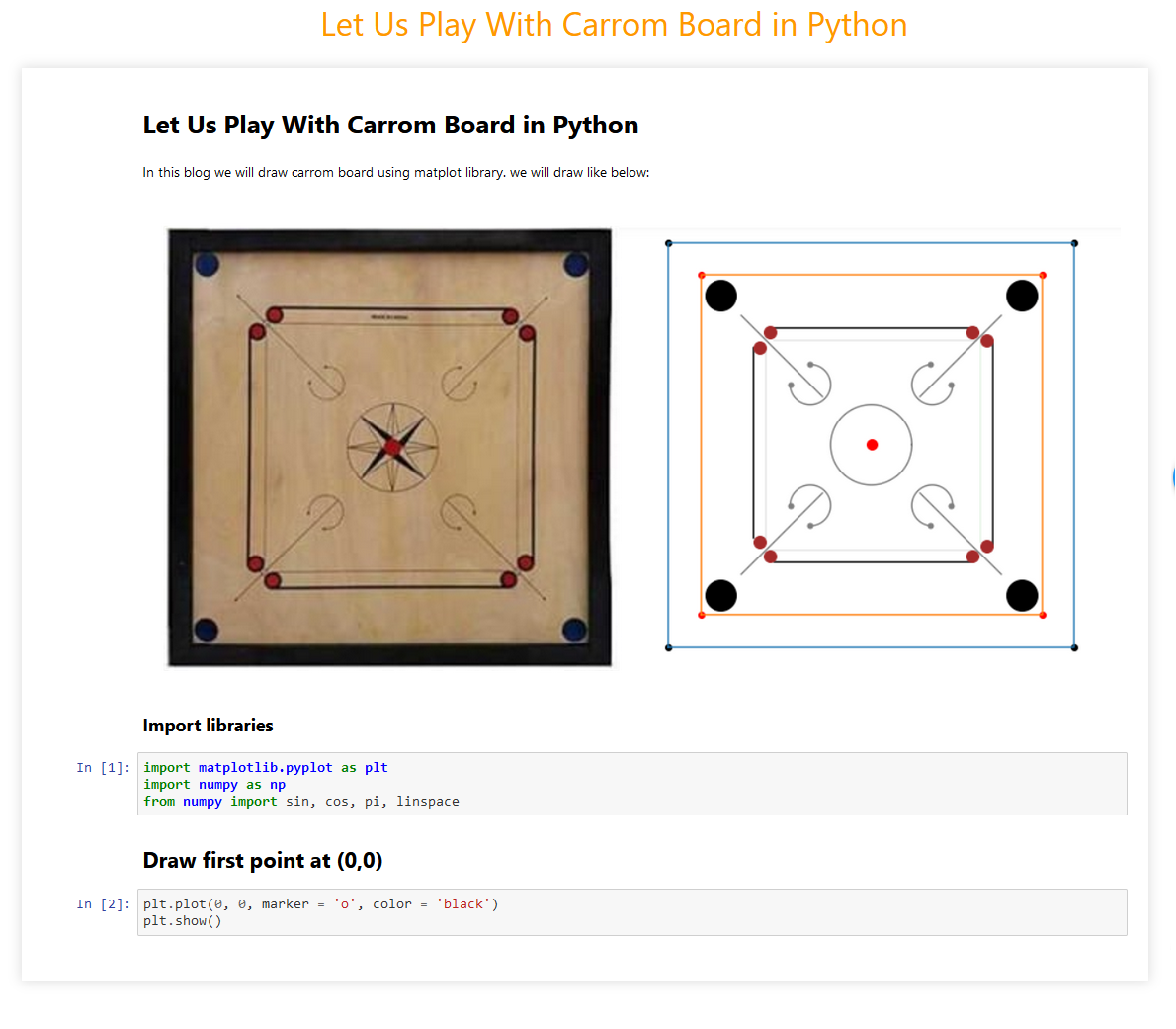
These courses run for months and years and are the most effective ones. We groom them to have strong conceptual and analytical approach to problem solving. There is a lot of emphasis on logic and philosophy. These courses cover most subjects. However, math and science take the majority of time. The curriculum is adaptable, and topics are chosen collaboratively by students and instructors.
Choose a subject for a grade or a list of topics and we will cover them. The duration of the course depends on the topics included in the course.
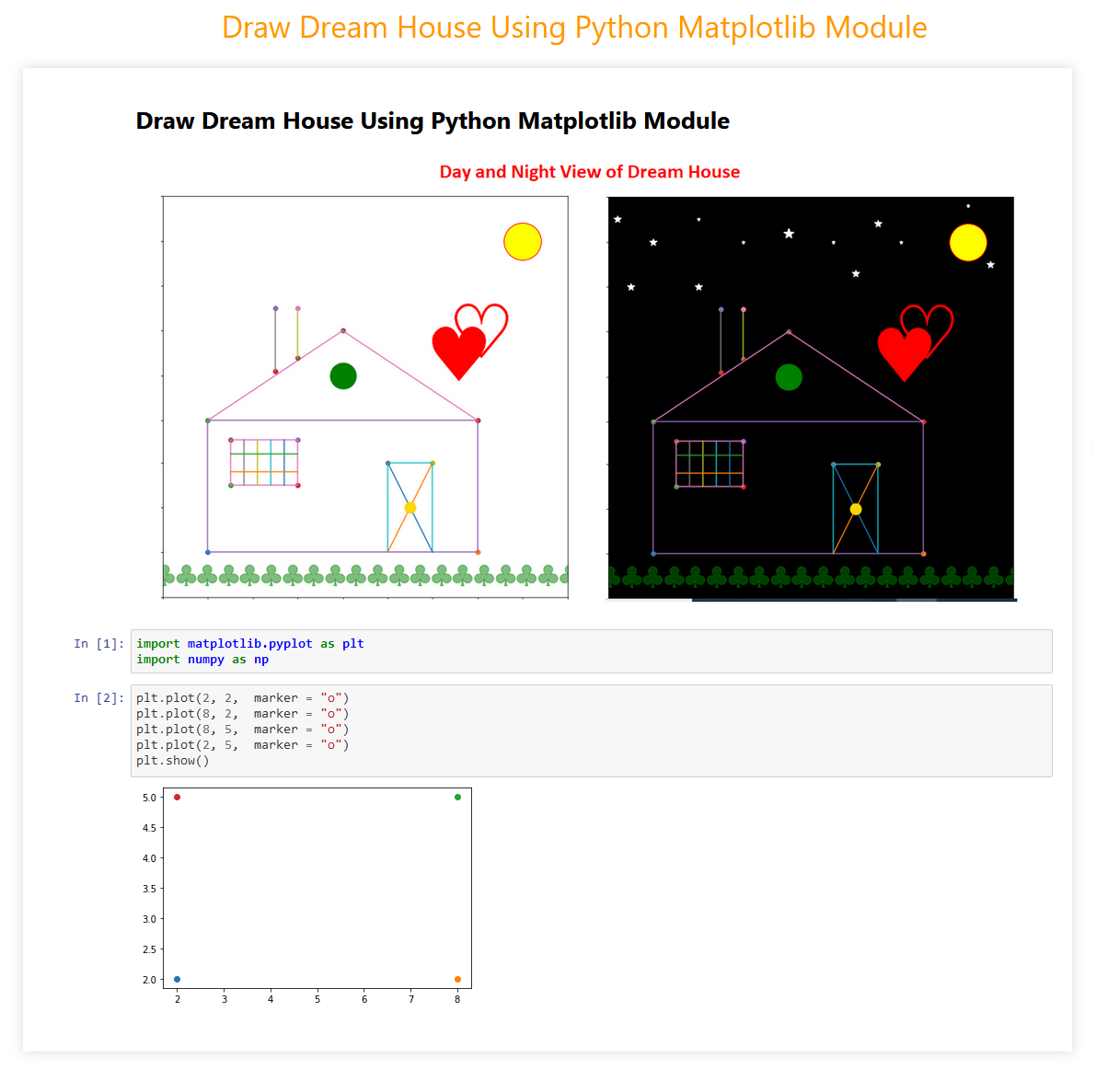

In Guardian, Phil Beadle writes in an Thu 25 Aug 2022 article, "Private schools clearly perceived the system’s inbuilt capacity for gaming as an open invitation, in a way that state schools did not. Why? First, many private schools are standalone institutions. State schools have rigorous moderation processes. In department workrooms across the country, teachers check each other’s grading. If it’s too generous, we mark it down; too harsh, and we mark it up. Yet the independent sector seems to have a less rigorous grade moderation process than state schools. Perhaps it is also less fearful of regulatory authorities. After all, private schools do not fall under the remit of Ofsted, and have their own rather less rigorous inspection regime.
Private schools also face increased levels of parental pressure. Most parents who send their children to private school spend six-figure sums on fees, and therefore expect their children to get top grades. This creates a pressure to deliver results – a factor that probably drove last year’s bumper set of top grades within the sector."
It is not just in the UK, it is everywhere.
Schools and institutions may design tests and conduct evaluations to ensure that a student's score gradually improves. It could be an illusion where it reflects only inflation in scoring and not a true evaluation of learning.
Test your knowledge by trying to solve problems from varied sources and competitive exams that are considered difficult. You might not solve many problems, but they will give you a better idea of where you stand.

